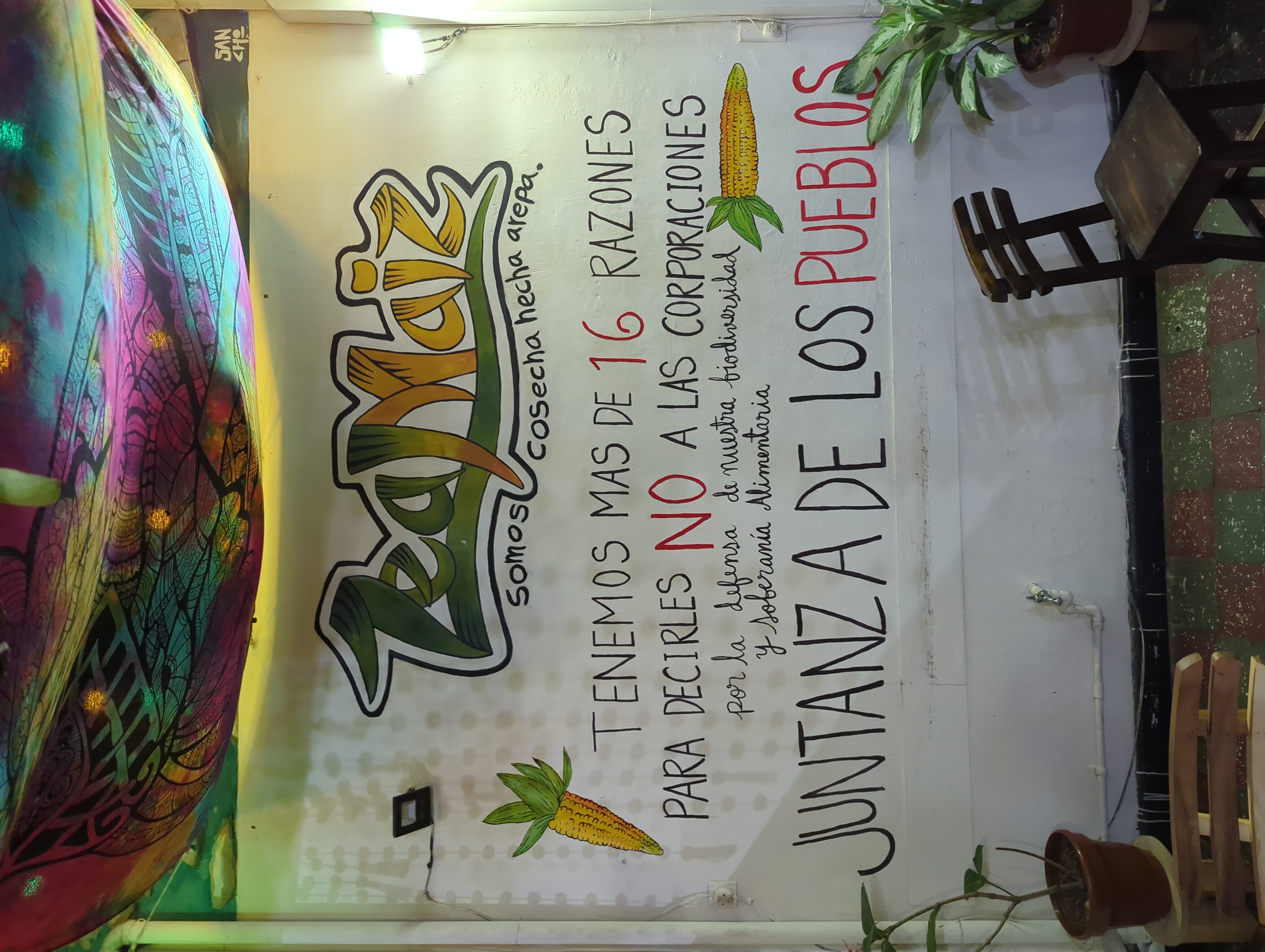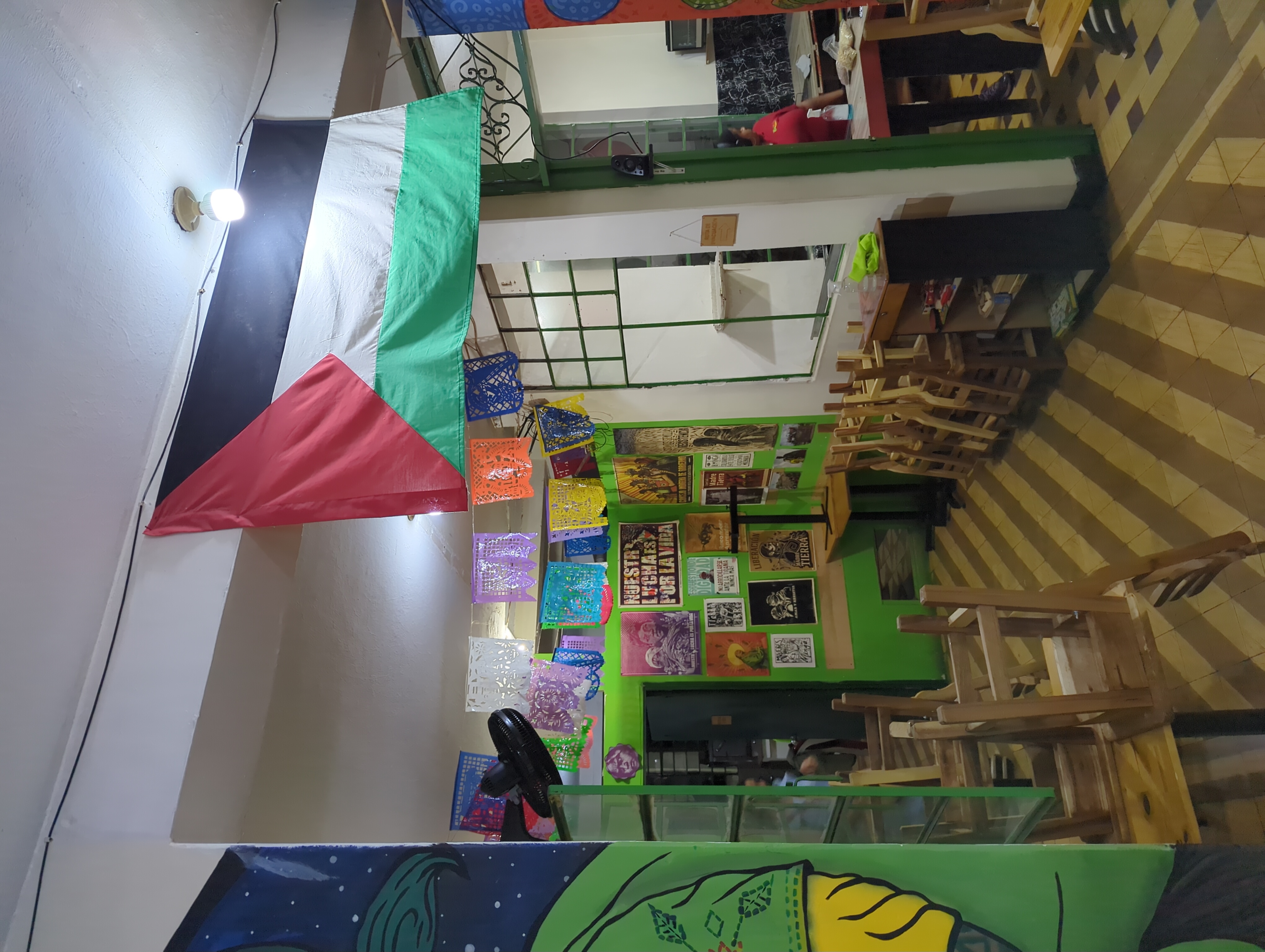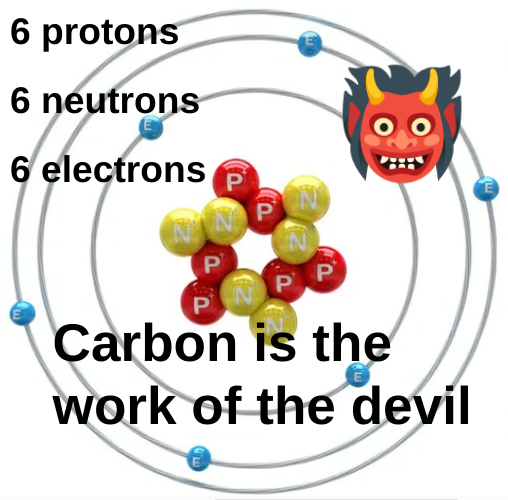Bjornerod - 2024 - Turning to stone.
In my own student days, I often felt a dissonance between the flat affect with which our professors delivered their lectures and the profound implications of what they were saying. This planet, I realized, is truly strange. We Earthlings take for granted the great variety of rock types that create the geologic infrastructure in which we live. But this is only because Earth is such a versatile and virtuosic cook, a planet that has learned to mix, distill, and recombine available ingredients in ways that no others have. Basalt, however, is one of the most basic recipes, whipped up in two easy steps in hell’s kitchen: just heat up some mantle rock, then take the lid off. Even amateurs like the moon, Mars and Venus have mastered that.


